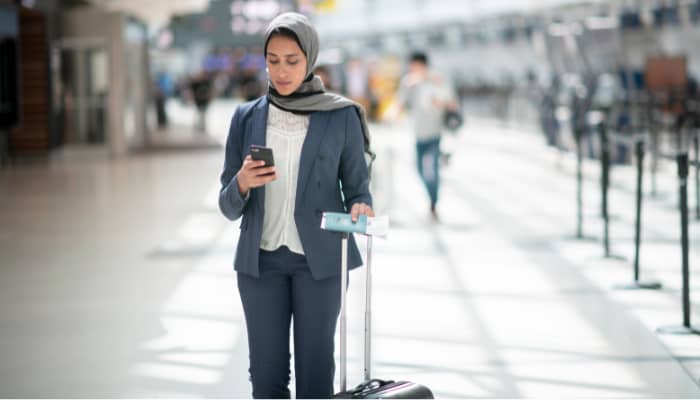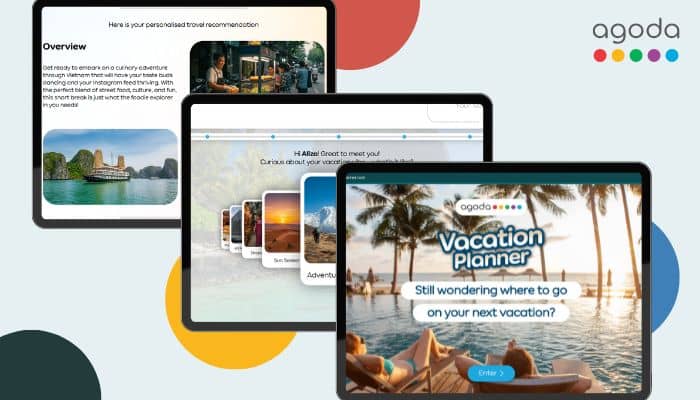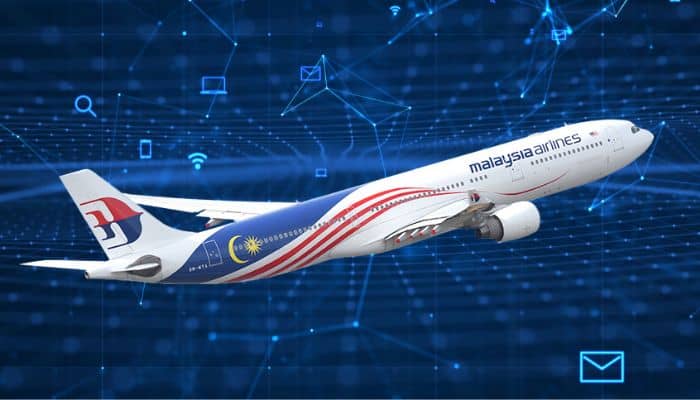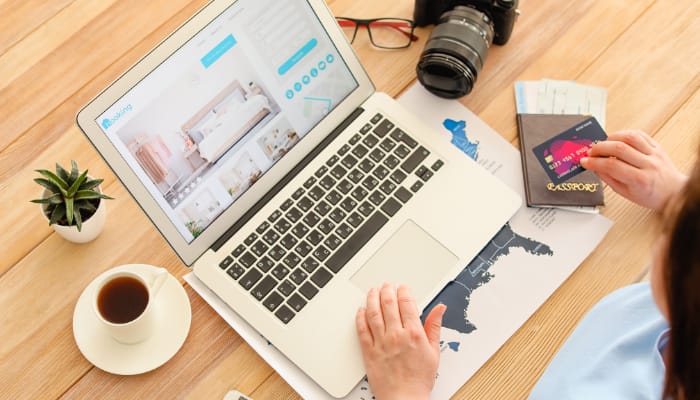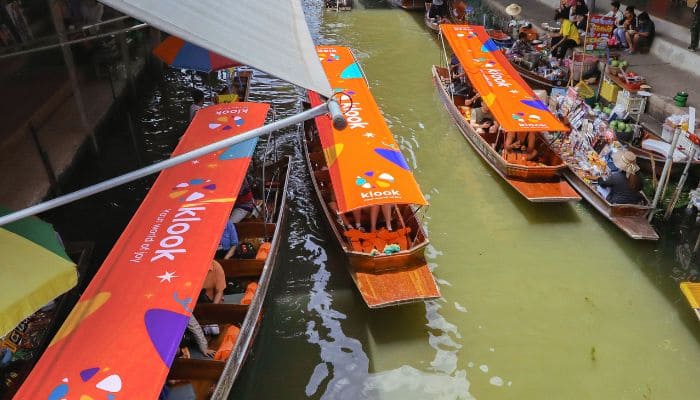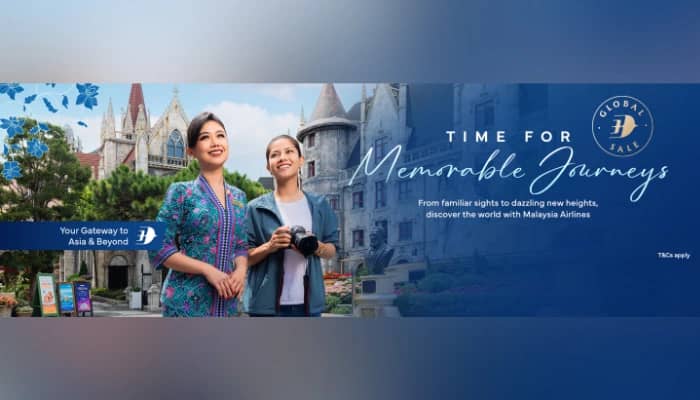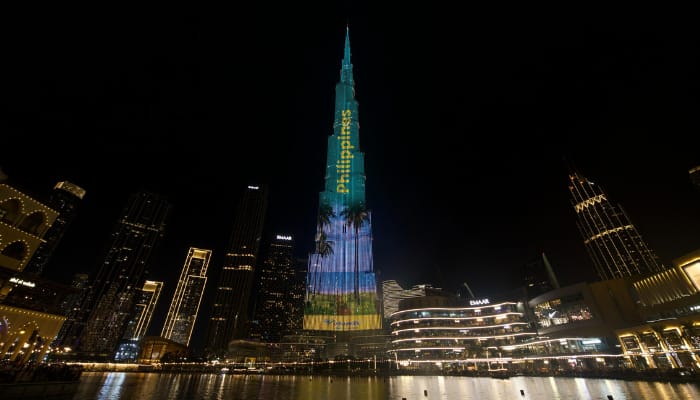Kuala Lumpur, Malaysia – Malaysians are hitting the road again—but this time with more planning, greater purpose, and an increasing reliance on digital platforms. New insights from TNG Digital reveal how travellers are reshaping their journeys in 2025, signalling major shifts in behaviours, motivations, and spending patterns.
Domestic travel remains a mainstay, with 60% of users exploring destinations within Malaysia. But outbound travel is surging. Nearly 40% are visiting Southeast Asia, while 30% are venturing to East Asia, with Japan, Korea, and Hong Kong leading the way.
This reflects a traveller who is confident with cross-border journeys, yet still rooted in the region—offering marketers fertile ground for regionally relevant campaigns, co-branded travel initiatives, and cultural storytelling that resonates beyond borders.
Moreover, Malaysians are travelling in diverse ways: 32% plan family getaways, 27% travel solo, 23% opt for group trips with friends, and 18% seek couples’ retreats. Each segment comes with distinct motivations and spending behaviours, making persona-based targeting not just strategic—but essential.
The report also reveals why behind travel is taking centre stage, with exploration and new experiences topping the list of motivations (52%), followed by event-based travel such as festivals and concerts (29%), visits to loved ones (29%), and business trips (17%). For marketers, this means experience-led content—aligned with cultural calendars and passion points—is more powerful than destination promotion alone.
Travel planning now spans extremes—42% of travellers are booking a year ahead, while 18% wait until the last minute. Despite the contrast, over half (52%) prefer to book directly through hotel or airline websites. Marketers are encouraged to adopt a dual-track approach: inspire long-term planning, while also being ready to convert short-term intent.
Integrated ecosystems are gaining traction—where users can seamlessly book airport transfers, event tickets, or travel guides from within their digital wallets.
A striking 79% of TNG eWallet users now purchase travel insurance, citing concerns such as lost luggage (55%), medical issues (49%), and flight delays (40%). Travel insurance has shifted from a nice-to-have to a travel essential—especially when offered directly through trusted digital channels.
In addition, 42% of users purchase travel e-SIMs before leaving, and 37% activate roaming plans in advance. Telcos and digital service providers have a clear window for engagement: bundle travel passes with connectivity, insurance, and rewards to deliver added value and convenience.
Abroad, cards remain dominant—used by 73% of travellers—while 54% still carry cash. But QR payments are quickly catching on, now used by 18% of Malaysian travellers, especially in QR-friendly markets. TNG eWallet is already expanding QR payment acceptance across Asia, enabling real-time, cross-border digital spending.
Instead of segmenting by income (B40, M40, T20), the report highlights a shift toward behavioural segmentation. Whether budget-conscious or experience-driven, what sets travellers apart is how they engage digitally and what drives their travel choices.
For instance, B40 users focus on affordability, M40s seek value-adds, while T20s prefer premium, frictionless experiences. Understanding the digital signals behind these behaviours helps brands craft more personalised, effective engagement strategies.
“Malaysians are not just travelling more—they’re travelling differently,” said Wong Chee Mun, head of merchant services (business) at TNG Digital. “TNG eWallet isn’t just a payments platform—it’s a billboard, a travel agent, and a search engine rolled into one. We help turn awareness into action by enabling relevant, contextual, and seamless experiences at every step.”
As digital becomes central to how Malaysians travel—from research to booking, payment, and even insurance—marketers who can embed themselves into this journey stand to gain more than just visibility. They gain trust, relevance, and long-term loyalty.



